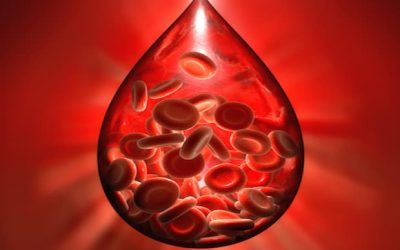US biopharmaceutical companies are developing nearly 300 vaccines for the prevention and treatment of a wide variety of diseases, according to new industry data.
The vaccines, all of which are currently in clinical trials or under review at the Food and Drug Administration (FDA), include 170 for infectious diseases, 102 for cancers and eight for neurological disorders, says the report, from the Pharmaceutical Research and Manufacturers of America (PhRMA).
“Vaccines are one of the greatest achievements of biomedical science and public health,” said PhRMA chief executive John J Castellani. “Over the past few decades, vaccinations have helped prevent and in some cases nearly eliminate contagious and deadly diseases affecting children and adults alike.”
According to a recent study by the Centers for Disease Control and Prevention (CDC), there has in the US been a greater than 90% decrease in incidence of nine infectious diseases, including smallpox and measles, for which vaccines have been recommended for decades. Reduction in mortality and morbidity by vaccination means fewer doctors’ visits and hospitalisations, which translates into healthcare cost savings, as well as fewer days off work, leading to improved productivity, says PhRMA.
Building on the progress in helping to control infectious diseases that were once common in the US, such as polio, diphtheria, pertussis, rubella, mumps and tetanus, newer vaccines are providing protections against a wide array of other diseases, including cancer. For example, two years ago the first vaccine to protect against four types of human papillomavirus (HPV), which can lead to cervical and other cancers, was approved.
The report discusses two vaccines currently being developed for Alzheimer’s disease. One is an immunotherapeutic amyloid-beta peptide conjugate vaccine, which stimulates the body to produce antibodies to amyloid-beta protein and remove it from the brain. A second vaccine in development against Alzheimer’s uses a specific adjuvant that is expected to improve the vaccine by producing more potent and durable immune responses against certain Alzheimer’s disease antigens.
Other diseases against which vaccines are currently in development include:
– cervical cancer: a live, attenuated Listeria monocytogenes (LM)-based vaccine is in development for the treatment for women who already have the disease as a result of infection by HPV. The vaccine targets the HPV gene E7, which is responsible for the transformation of infected cells into dysplastic or malignant tissue;
– HIV infection: a therapeutic vaccine in development is targeting the low-mutating (conserved) parts from the protein p24 of the HIV virus. The vaccine consists of four peptides that are modified to increase the immune response against the conserved parts of the p24 protein. A sustained immune response against the p24 protein has been shown to be associated with delayed disease progression; and
– pancreatic cancer: a vaccine in development uses allogeneic pancreatic cancer cells that are genetically-modified to secrete the immune-stimulant, granulocyte-macrophage colony stimulating factor (GM-CSF). The cells are irradiated to prevent further cell growth although they stay metabolically active. In clinical trials, the vaccine in combination therapy has been shown to increase one-year survival from 7% to 27%.








